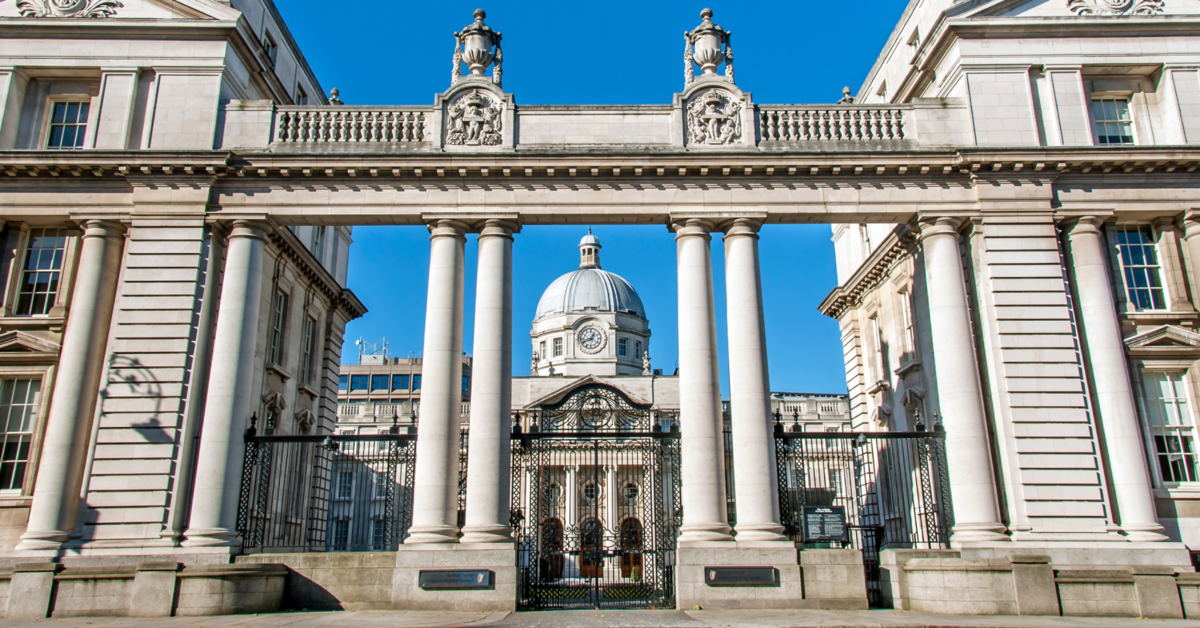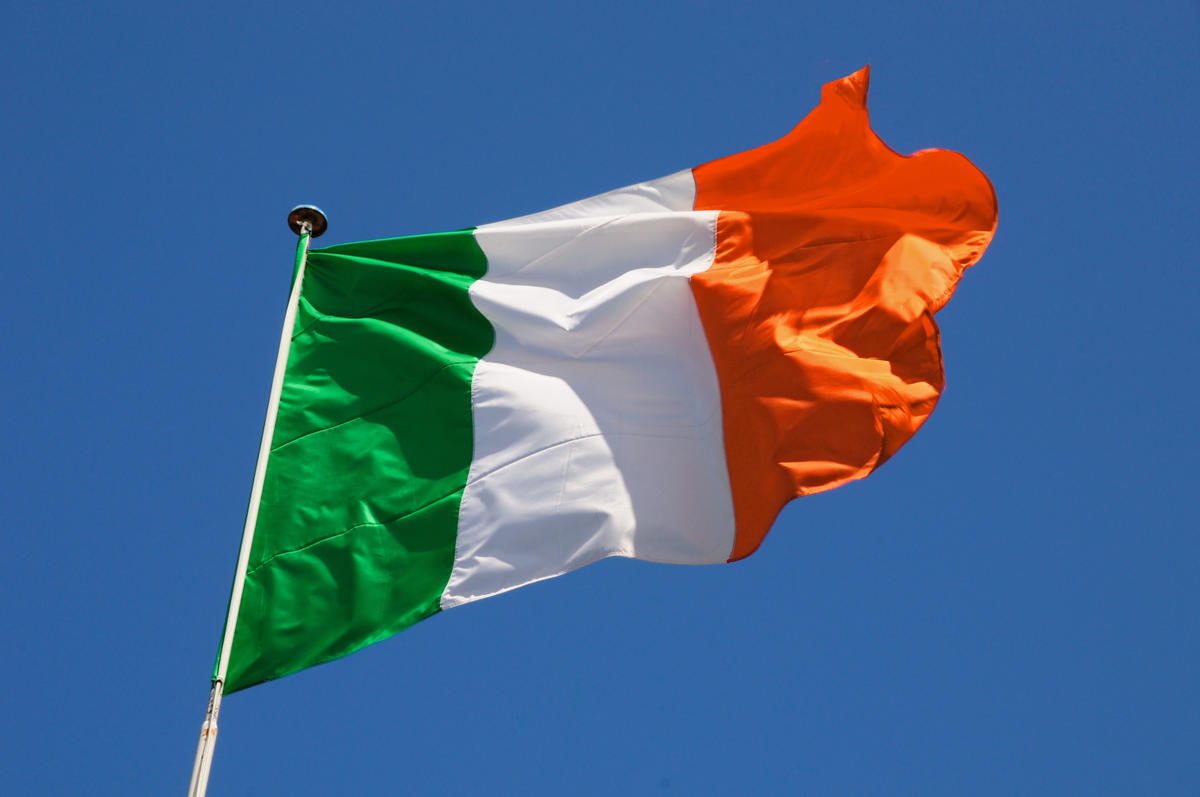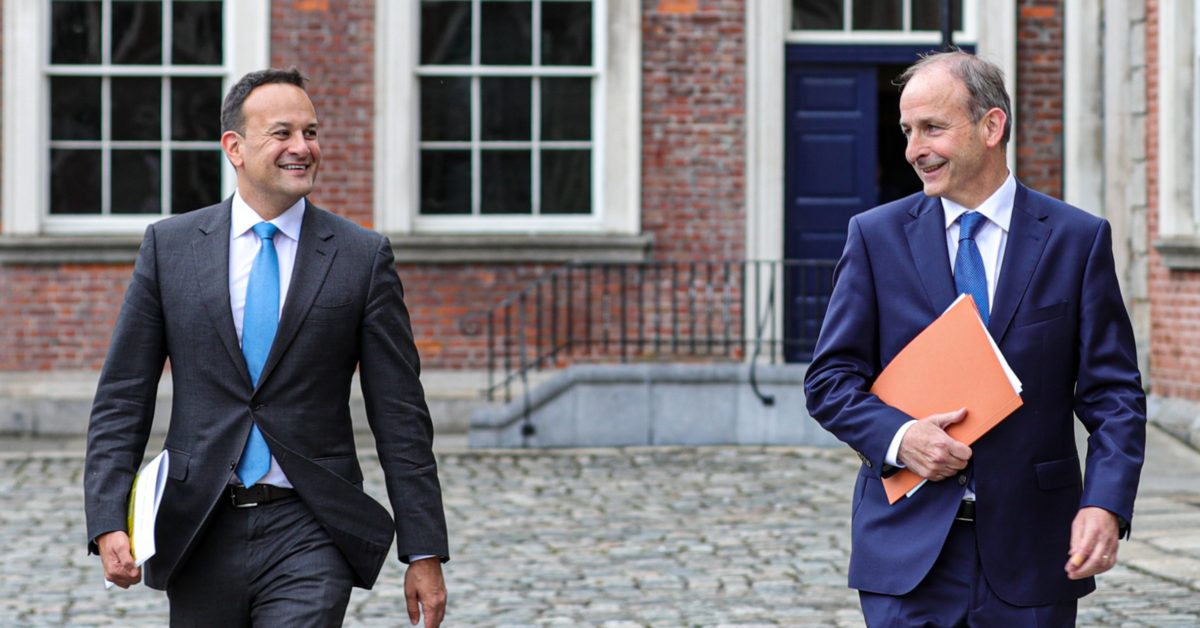At a Glance
- After months of arguments, legal stand-offs and unilateral measures, the UK and EU have returned to the negotiating table to resolve issues around the application of the Northern Ireland Protocol, which has prevented both sides from moving on from Brexit and developing a new positive relationship.
- Political changes in both London and Dublin have generated a fresh sense of momentum: UK Prime Minister Rishi Sunak appears eager to move on from the chaos of his predecessors and demonstrate to an increasingly skeptical public that Brexit can work, while returning Irish Taoiseach Leo Varadkar has also softened his position and acknowledge the Protocol needs to be adapted if it is to be sustainable.
- However, Northern Irish politics is notoriously difficult to navigate, with the unionist community the largest obstacle to an agreement, which it sees as weakening Northern Ireland’s place in the UK.
- Their opposition to the Protocol has resulted in political paralysis and the suspension of the power-sharing arrangement as mandated by the Good Friday Agreement that ended years of armed conflict in Northern Ireland.
A New Willingness to Resolve a Long-standing Problem
With no shortage of other challenges on the horizon, the UK and the EU appear determined to resolve the problems around the implementation and enforcement of the Northern Ireland Protocol (NIP) once and for all. This issue bedeviled the Brexit negotiations. It then prevented the new UK-EU relationship from developing a positive rhythm, with the UK tabling domestic legislation to override the mutually agreed arrangements, potentially putting at risk the post-Brexit UK-EU free trade agreement. It also disrupted the delicate power-sharing provisions introduced by the Good Friday Agreement with the DUP, the largest unionist party, boycotting the Northern Irish Executive in protest at an arrangement it sees as weakening Northern Ireland’s place within the UK.
There are several reasons for the new momentum. On the UK side, following the intense drama of the Johnson and Truss premierships, Rishi Sunak is attempting to turn down the political temperature and deliver a stripped-down agenda focused mostly around improving the UK’s stuttering economic performance. With most UK voters now regarding Brexit to have been a mistake (54% vs 35% in YouGov’s most recent tracker 1) there is greater incentive to move away from perma-conflict with the EU and toward making Brexit work and delivering its promised benefits — or risk creating an opening for an incoming Labour government to unpick the current settlement.
Meanwhile, on the Irish side there is a new Taoiseach and Minister for Foreign Affairs with Leo Varadkar and Michael Martin having switched roles as agreed during the formation of the current coalition government. The changeover went seamlessly, and both seem to have returned to the issue not just in changed roles but with changed mindsets. Having negotiated the NIP, Varadkar’s language on it has shifted significantly. He labelled last week’s agreement on the sharing of customs data as a “breakthrough [which] opens the door to a further agreement on how we can make the protocol more workable and more acceptable.”2
Martin is an old hand on the foreign affairs front, having previously held the position, and he is well thought of across the political spectrum in Northern Ireland, which makes him something of a political unicorn there and an ideal negotiating partner for the British Government.
Another reason for this newfound appetite for compromise includes the upcoming 25th anniversary of the Good Friday Agreement. The economy is also a factor. Despite fears to the contrary on all sides, according to government statistics. the value of sales between Britain and Northern Ireland increased by 7% in the first year of the protocol.3 That’s £1 billion more than both 2019 and 2020. Total trade in goods and services between the UK and Ireland was £71.8 billion in the four quarters to the end of Q2 in 2022, an increase of 17% compared to the period up to Q2 2021.4
Perhaps the resilience in the east-west trade relationship is offering encouragement to the British and Irish governments — and to Brussels — allaying fears of economic collapse on the island and creating a more positive atmosphere for potential political agreement. On the fear end of the spectrum, ongoing inflation and economic uncertainty across Europe and the US might be an incentive to creating political stability to match local economic resilience. The UK and EU are also finding other common ground, including supporting Ukraine and challenging aspects of the Biden Administration’s Inflation Reduction Act, which they fear will force green manufacturing out of Europe and into the US.
Northern Ireland’s Unionist Community Remains the Key Obstacle
The most significant breakthrough has been the agreement between the EU and the UK to grant EU officials access to data on goods crossing into Northern Ireland from Britain. While highly technical, it represents significant and tangible evidence of cooperation, something absent up to now, and helps to build further trust. The move potentially limits the need for extensive checks and is seen as a first step in a negotiating sprint to secure a wider agreement. Fear is always a factor in politics and especially so in Northern Ireland. Who wins and who loses is an accepted operating principle in a political system traditionally driven by ideology rather than policy. With Sinn Fein now the largest single party in the North, Sunak clearly hungry to get the protocol done, and big business in Northern Ireland whispering in the DUP’s ear about the need for a resolution on the protocol, the road is narrowing for those refusing to compromise on the unionist side. The penny has also dropped in the Republic of Ireland that the protocol isn’t fully fit for purpose or is “a little too strict,” as described by Varadkar as far back as October, a message he repeated last week.5
The change in tone and approach evident in the protocol debate means Northern Ireland Secretary Chris Heaton-Harris will almost certainly extend his January 19 deadline for fresh elections to break the current impasse. A window has emerged and, given the volatility of politics in Northern Ireland, there is a clear desire by the EU, British and Irish governments to find compromise before that window closes.
However, even with the positive momentum last week, Sinn Fein refused to attend talks because the UK Government insisted it was only for Northern Irish politicians and they wanted to send their leader who sits in the Dáil Éireann, the Irish Parliament. Nonetheless, with the nationalist community broadly content with the NIP, it is the DUP who are the key obstacle.
They face a difficult choice: Having called for a fundamental re-write of the NIP, could they accept something that looks like it will fall short of that, even if they secure concessions that address many of the practical — as opposed to ideological — issues that have been raised? The risk, if they stick to their current approach, is that the deal could be done over their heads anyway, and they end up being punished both by hardline voters for failing to stop it, and by moderate voters who want progress on core issues like health and the cost of living, currently held up by the political paralysis.
As ever, few things are simple or straightforward when it comes to Northern Irish politics, but if both sides can land a compromise, it will have implications far beyond Northern Ireland’s borders.



